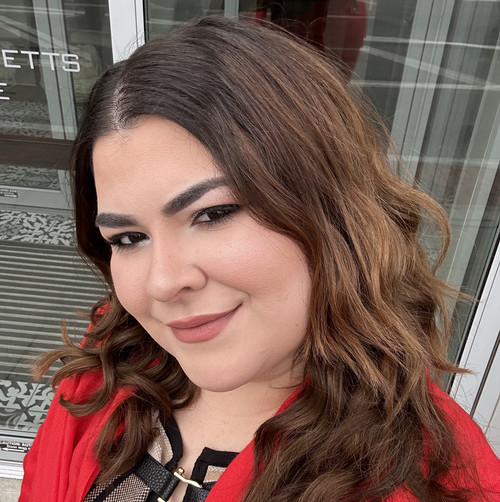 The degree I am pursuing offers a holistic approach to development in the international sphere. As part of the program, students are required to take core courses in topics such as planning and implementation, monitoring and evaluation, economics, ecology, gender, and ethics. This broad range of subjects provides an opportunity for individuals from diverse backgrounds to deepen their expertise in their own fields while also gaining a foundational understanding of the other essential components necessary for achieving sustainable development.
The degree I am pursuing offers a holistic approach to development in the international sphere. As part of the program, students are required to take core courses in topics such as planning and implementation, monitoring and evaluation, economics, ecology, gender, and ethics. This broad range of subjects provides an opportunity for individuals from diverse backgrounds to deepen their expertise in their own fields while also gaining a foundational understanding of the other essential components necessary for achieving sustainable development.When I first reviewed the course requirements, I didn’t anticipate the economics class being particularly challenging, given my background in accounting. However, I quickly realized that Economics for Development Practitioners introduces a whole new level of complexity. In addition to covering classic economic theories, we explore how these concepts apply to real-world issues such as development, inequality, poverty, aid, migration, and gender.
To succeed in this class, I’ve concluded that it’s crucial to take full advantage of the resources available to me. First and foremost, I’ve learned the importance of confidently approaching the professor with questions. It can be intimidating to approach someone so knowledgeable that they make complex topics seem effortless to understand, but we must remember that we come to grad school to learn, and we can’t be afraid to ask questions! Additionally, here at Heller, all of the professors I’ve encountered have been very open to helping students succeed.
Another key resource has been developing a strong relationship with the teaching assistant (TA). The TA is typically a student (like the rest of us) who has previously taken and excelled in the course, so they understand the challenges of grasping complex concepts in a short amount of time. Establishing this relationship has been invaluable for managing the coursework and clarifying doubts.
Finally, as I mentioned, my cohort is filled with experts from various fields, and fortunately, some of them specialize in economics. While I sometimes feel at a disadvantage compared to these classmates, they have been incredibly generous in sharing their knowledge. For instance, I have one classmate I can turn to for help with technical aspects, such as constructing supply and demand graphs, and another who is especially skilled at explaining complex theoretical concepts. In fact, to help us prepare for the midterm, one classmate organized study sessions, recorded them, and shared the videos with the rest of us who weren’t able to attend.
In conclusion, when faced with particularly challenging courses, it’s essential to find a supportive community of people who can help you build confidence in your abilities and make the most of your academic journey.
